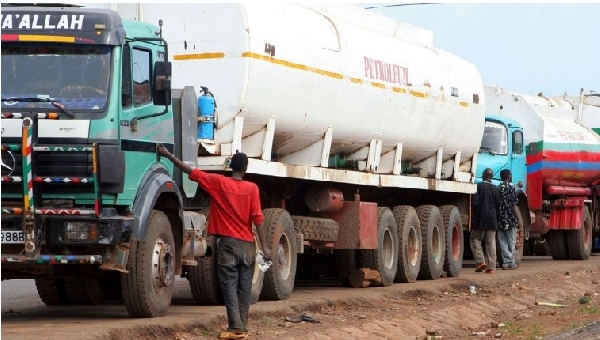Kenya has thrown a fresh hurdle on Uganda’s direct fuel import scheme, doubling the bond fee for imported consignments destined for Kampala to $45 million. Uganda’s Energy and Mineral Resources minister Ruth Nankabirwa said Kenya increased the requirement on the size of bond fees at the Vitol Tank Terminal International (VTTI) storage facility in Mombasa from $15 million —posing a bottleneck to Uganda’s hopes of lowering pump prices of the commodity.

VTTI is a privately owned terminal that ties into the Kenya Pipeline Company pipeline network in Mombasa and gives access to the Ugandan market and other landlocked countries further west. A bond fee is a bank guarantee that an oil company importing fuel for the transit market (usually duty-free fuel) uses to secure duties and taxes payable to the relevant revenue authority should goods be disposed of locally. The bond can be used to offset taxes in case the company decides to dump the fuel locally and help KRA avert losing billions of shillings in taxes and levies.
Sources privy to the matter say that the Ministry of Energy in Kenya wrote to the Kenya Revenue Authority (KRA) to increase the fee —a change that is expected to be passed on to consumers in Uganda. Banks issuing the bonds are likely to take time to increase the amounts to reflect the new bond fees, leading to more time demurrage charges before the cargo is cleared by KRA. The higher demurrage charges will be passed to consumers in Kampala.
Mrs Nankabirwa said, “They (Kenya) have increased the bond fee at Vitol terminal where we are offloading our products and when you increase the bond fee by the tune of 40 million dollars, that means you are pushing Unoc (Uganda National Oil Company) to also increase and Ugandans are not likely to see reduced pump prices.” CS Chirchir had not responded to the claims by his Uganda counterpart by press time.
Uganda and Kenya have the joint costliest fuel in the East African region at $1.46 per litre of super. A litre of diesel is going for $1.37 in Kampala compared to $1.33 in Kenya. Kampala had hinged on the direct importation of fuel to lower pump prices, months after President Yoweri Museveni blamed the costly fuel on middlemen in the Kenyan fuel importation structure.




